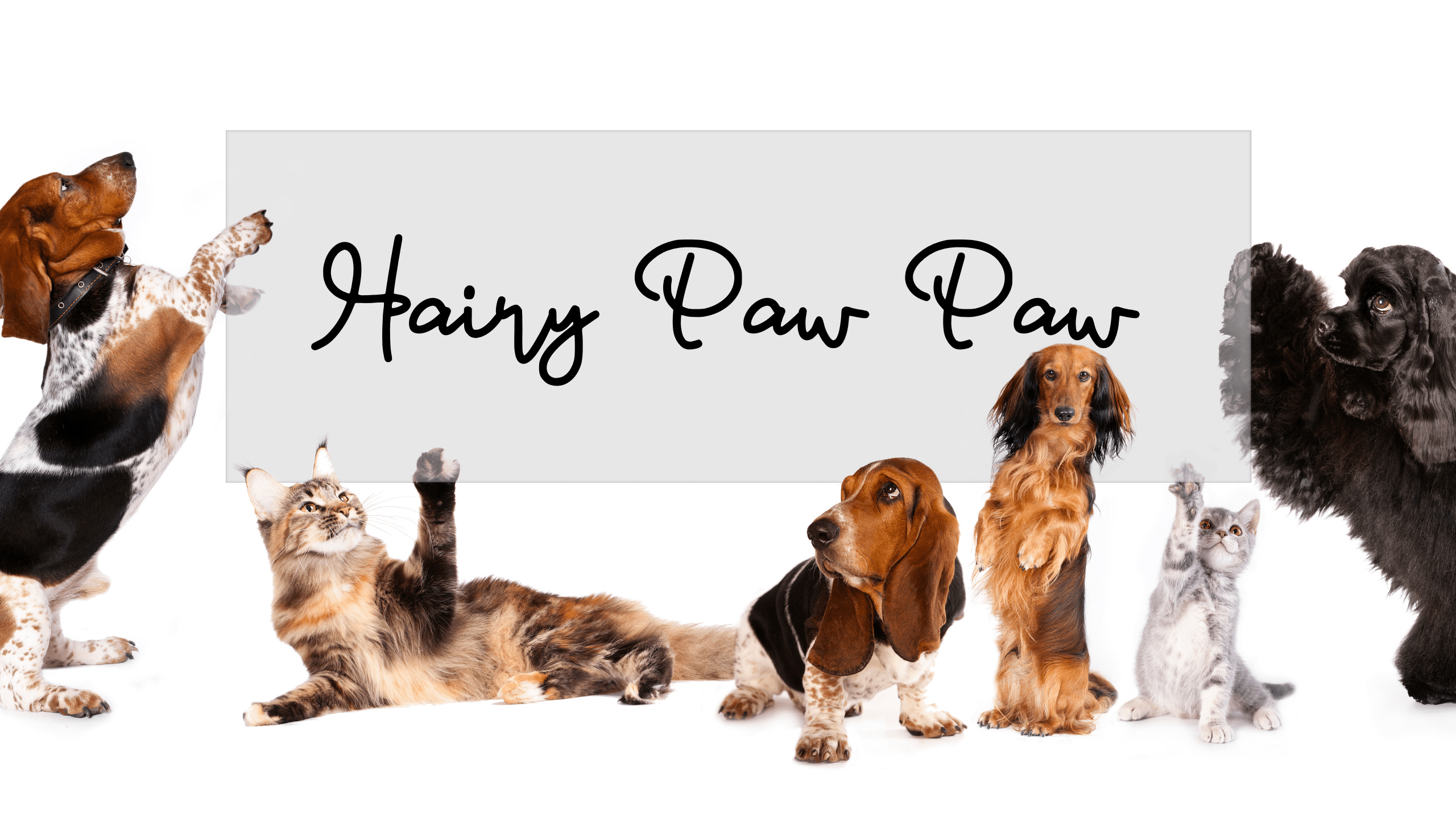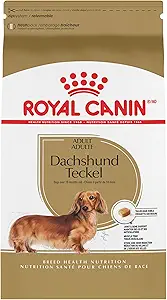This “The Best Nutrition Guide for Dachshund Owners” post may contain affiliate links, which means I’ll receive a commission if you purchase through my link, at NO EXTRA COST TO YOU
The Best Nutrition Guide for Dachshund Owners
Dachshunds, known for their distinct appearance and lively personalities, need a specific diet to thrive. With their unique body structure, including a long spine and short legs, proper nutrition becomes essential for their health. In this comprehensive guide, you’ll learn everything necessary to provide the best diet for your Dachshund, from the key nutrients they need to specific feeding tips and recommended foods.
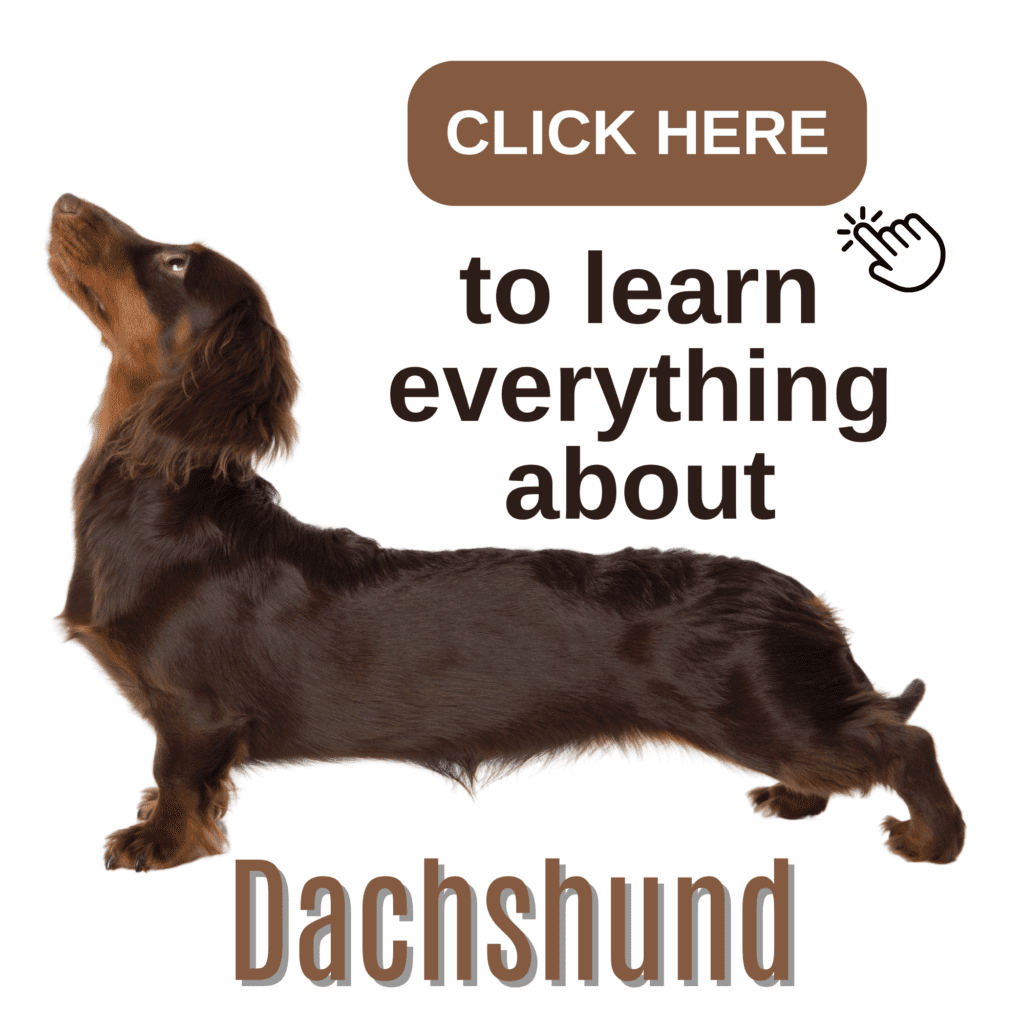
Why Dachshunds Need a Tailored Diet
Dachshunds differ from many other dog breeds, and these differences impact their nutritional needs. Their elongated spine can put them at risk for intervertebral disc disease (IVDD), a condition that makes their spine vulnerable to injury. Because of this, Dachshunds benefit from a diet that supports bone and joint health, keeps their weight in check, and promotes overall vitality.
Key Nutrients for a Healthy Dachshund Diet
Let’s dive into the essential nutrients every Dachshund needs. With the right balance, you can support their health, energy levels, and longevity.
- Protein: High-quality protein provides the foundation for strong muscles and supports Dachshunds’ active lifestyle. Look for sources like chicken, turkey, fish, and lamb. Avoid protein sources that include fillers or meat by-products, as they offer little nutritional value.
- Healthy Fats: Fat delivers essential energy, keeps their coat shiny, and supports brain function. Omega-3 and omega-6 fatty acids, found in fish oil and flaxseed, work especially well for Dachshunds. Besides providing a shiny coat, these fats reduce inflammation, which supports joint health.
- Carbohydrates: Carbs provide the energy Dachshunds need for their active lifestyle. Choose complex carbohydrates, such as brown rice, sweet potatoes, or oats, instead of fillers like corn or wheat. Complex carbs release energy gradually, ensuring your Dachshund stays fueled throughout the day.
- Vitamins and Minerals: Vitamins and minerals play essential roles in a Dachshund’s diet. For example, calcium and phosphorus strengthen bones, while antioxidants support immune health. Look for foods that contain vitamins A, D, E, and B-complex, as well as minerals like zinc, magnesium, and potassium.
- Fiber: Fiber aids in digestion and helps Dachshunds maintain a healthy weight. With a small breed prone to weight gain, fiber becomes crucial in preventing obesity. Foods with moderate fiber, like pumpkin or leafy greens, work well without causing digestive issues.
- Water: Dachshunds, like all dogs, need constant access to fresh water. Water aids digestion, maintains body temperature, and supports vital organ function. Always keep a clean bowl of water available, and ensure they stay hydrated throughout the day.
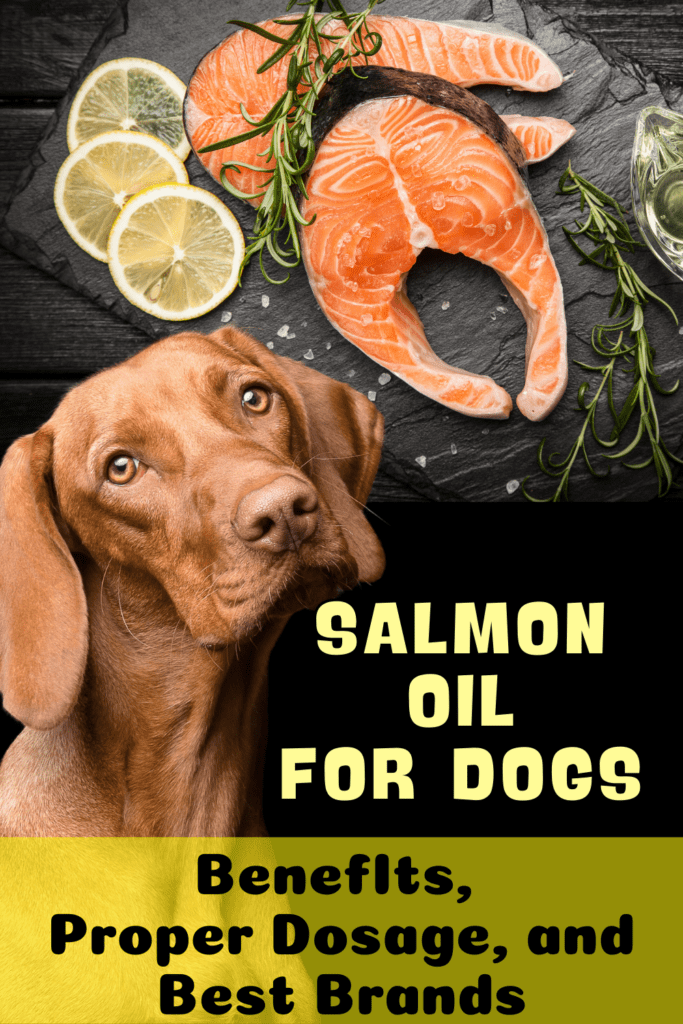
Salmon Oil for Dogs: Discover the Benefits, Proper Dosage, and Best Brands Available
Salmon oil is more than just a trendy supplement for dogs—it’s a powerhouse of nutrition that can significantly improve your dog’s health. From promoting a shiny coat to supporting joint health, salmon oil offers a wide range of benefits. In this comprehensive guide, we’ll delve into everything you need to know about salmon oil for dogs, including its benefits, proper dosage, and the best salmon oils available on the market.
Feeding Tips for Dachshund Owners
Along with understanding the nutrients your Dachshund needs, adopting good feeding practices ensures they receive a balanced diet. Here are a few essential feeding tips:
- Portion Control: Dachshunds love food, and many can overeat if given the chance. To avoid weight gain, measure their portions carefully. A standard adult Dachshund usually requires around 1 to 1.5 cups of food daily, divided into two meals. Adjust portions based on your dog’s age, weight, and activity level.
- Scheduled Feeding Times: Feeding on a schedule can help regulate digestion and prevent overeating. Give meals at the same times each day, allowing for a sense of routine and balance in their diet.
- Limit Treats: Treats provide an excellent way to train your Dachshund, but too many can add unnecessary calories. Choose low-calorie, high-protein treats or small portions of fruits and veggies like carrots or blueberries.
- Avoid Table Scraps: While Dachshunds often beg for human food, avoid giving them table scraps. Many human foods contain ingredients that can upset their stomach or lead to weight gain. Stick to dog-safe foods for treats and rewards.
- Monitor Weight: Because Dachshunds can easily gain weight, regular weight checks help you stay proactive. Excess weight strains their spine and joints, increasing the risk of IVDD. By monitoring their weight, you can adjust their diet as needed.
Recommended Foods for Dachshunds
With a variety of dog foods available, finding the right one for your Dachshund can feel overwhelming. Here are some food options known for their high-quality ingredients and health benefits:
- High-Quality Dry Food (Kibble): Dry kibble supports dental health, which benefits Dachshunds prone to dental issues. Look for kibble with real meat as the first ingredient, moderate fat content, and no artificial additives.
- Wet Food: Wet food works well as an occasional treat or for Dachshunds who need extra hydration. Many wet foods come in small portions, which prevent overfeeding and ensure they consume a well-rounded meal.
- Homemade Meals: For owners who prefer to cook for their Dachshunds, homemade meals provide a customizable option. Always consult a veterinarian or pet nutritionist before starting homemade meals to ensure your dog receives all essential nutrients.
- Raw Diet: Some owners choose a raw diet for their Dachshund. While raw diets provide protein and essential nutrients, they require careful preparation and balance. Always consult a professional before introducing a raw diet.
- Limited Ingredient Diets: Dachshunds with sensitive stomachs or allergies benefit from limited ingredient diets. These diets often include single sources of protein and carbohydrates, which reduce the likelihood of food sensitivities.
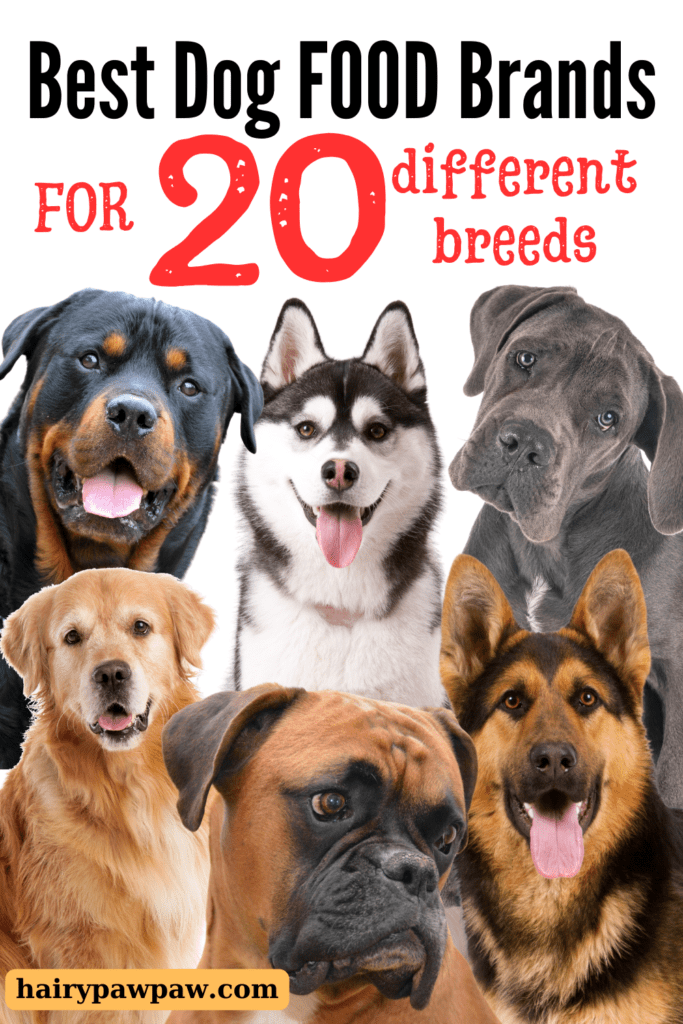
Best Dog Food Brands for Different Breeds
Finding the right dog food for your furry companion can feel overwhelming, especially with so many options on the market. However, the right nutrition is essential for your dog’s health, energy levels, and overall well-being. What works for one breed might not be ideal for another, so it’s important to choose a dog food that caters to your dog’s specific breed, size, and nutritional needs.
Dachshund Diet for Puppies, Adults, and Seniors
Nutritional needs vary across life stages, so understanding these changes will help you provide the best diet throughout their life.
- Puppy Nutrition: Dachshund puppies need a diet rich in protein, fat, and calories to support growth. Puppy-specific formulas provide the necessary nutrients without overwhelming their developing systems.
- Adult Dachshund Nutrition: As Dachshunds reach adulthood, their caloric needs decrease slightly. Focus on a diet that maintains muscle mass, supports joint health, and keeps their weight in check.
- Senior Dachshund Nutrition: Older Dachshunds benefit from foods with lower calories, higher fiber, and joint-supporting nutrients like glucosamine and chondroitin. Senior formulas cater to their slower metabolism and provide extra support for aging joints.

30-Day Dog Weight Loss Plan: Easy Steps to Get Started
Maintaining a healthy weight for your dog is crucial for their overall well-being. Excess weight can lead to various health problems, such as arthritis, diabetes, and heart disease. Furthermore, overweight dogs often experience reduced energy levels and a lower quality of life. Therefore, following a structured weight loss plan is essential for improving your dog’s health. This 30-Day Dog Weight Loss Plan will provide you with easy steps to get started, along with a detailed weekly breakdown to ensure success.
Foods to Avoid for Dachshunds
Certain foods can harm Dachshunds, so always keep them away from these items:
- Chocolate: Toxic to all dogs, chocolate can lead to vomiting, diarrhea, and even death.
- Grapes and Raisins: Even small amounts can cause kidney failure in Dachshunds.
- Onions and Garlic: Both ingredients contain compounds that damage dogs’ red blood cells.
- Alcohol: Alcohol affects their liver and brain, leading to dangerous side effects.
- Avocado: The persin in avocado can cause stomach upset and other complications.
- Bones and Fat Trimmings: Bones can splinter, while fat trimmings lead to obesity and pancreatitis.
Common Dachshund Health Issues and Dietary Solutions
Dachshunds face a few breed-specific health issues, and their diet plays a role in managing or even preventing these problems.
- IVDD: Intervertebral Disc Disease (IVDD) remains a common concern for Dachshunds. By keeping their weight healthy and including joint-supporting nutrients, you can help protect their spine and joints.
- Obesity: Dachshunds gain weight quickly, so their diet should focus on lean protein, moderate fats, and low calories. High-fiber foods create a feeling of fullness, preventing overeating.
- Dental Problems: Due to their jaw structure, Dachshunds often experience dental issues. A dry kibble diet helps reduce plaque buildup, while regular brushing keeps their teeth and gums healthy.
- Hypothyroidism: Some Dachshunds develop hypothyroidism, which slows their metabolism. With a well-balanced diet, you can help manage their weight and maintain energy levels.
Conclusion: Nurturing Your Dachshund with a Balanced Diet
Caring for a Dachshund means choosing foods that match their unique needs and protect their spine, joints, and health. By focusing on high-quality proteins, healthy fats, complex carbs, and essential vitamins, you support their active lifestyle and prevent common health issues. Remember, a balanced diet goes beyond just meeting their hunger needs—it keeps your Dachshund happy, energetic, and thriving for years to come.
With this nutrition guide, you now have the tools to make the best dietary choices for your Dachshund. Embrace the journey of keeping your furry friend healthy, well-fed, and full of life!
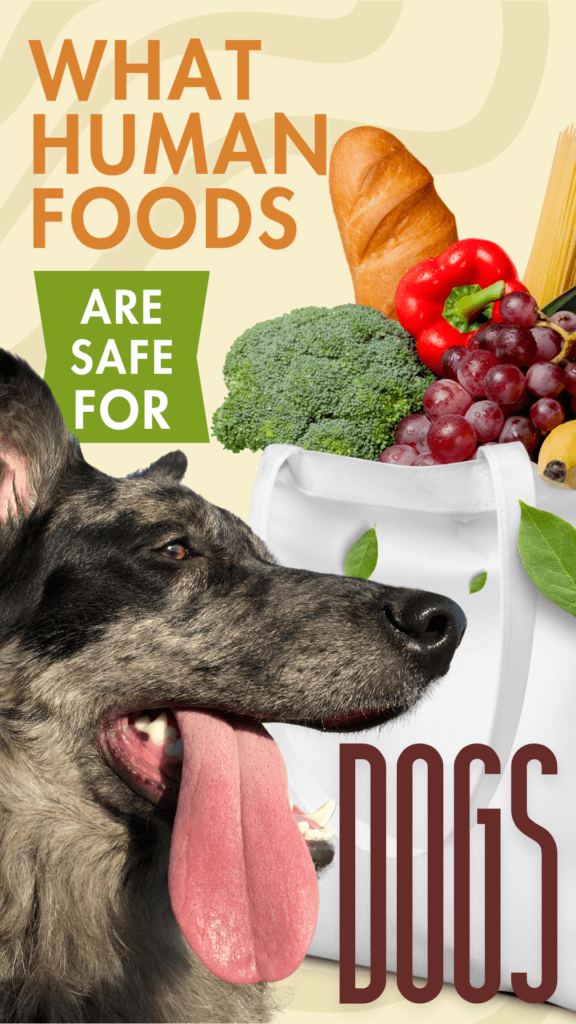
What Human Foods are Safe for Dogs and Cats?
As pet owners, we often find ourselves wanting to share our favorite foods with our furry friends. Those pleading eyes and wagging tails make it hard to resist! However, not all human foods are safe for dogs and cats. Feeding your pets the wrong foods can lead to serious health issues, from mild digestive problems to severe, life-threatening conditions.

